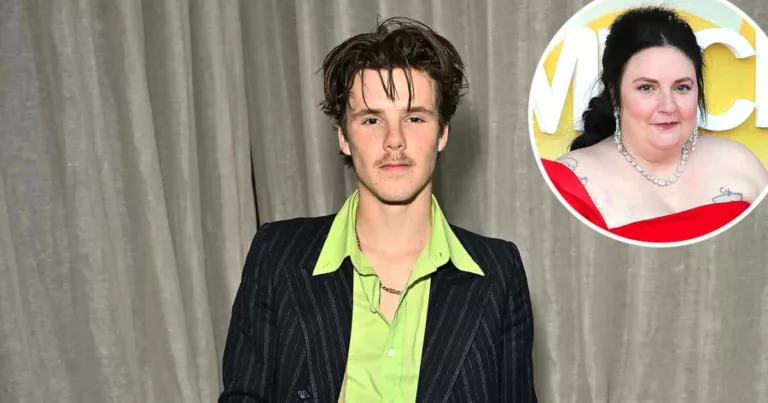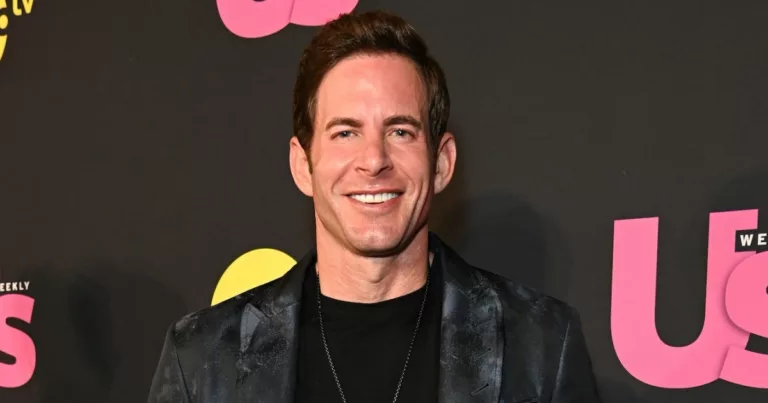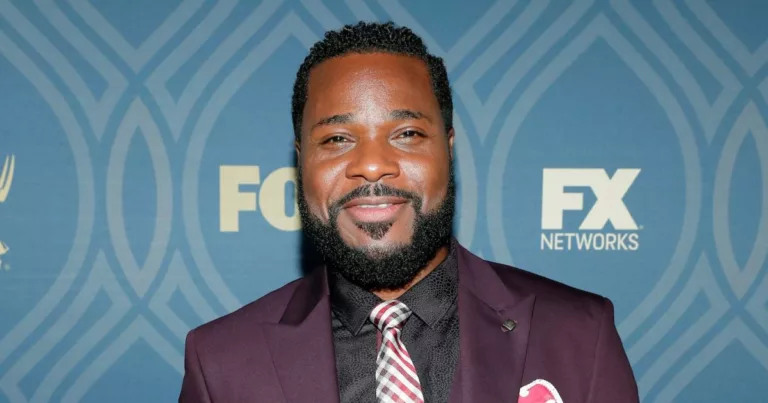Jillian Michaels Responds to Netflix Documentarys Claims About The Biggest Loser
Fitness icon Jillian Michaels is stepping into the spotlight once again, this time over controversial claims made in the Netflix documentary, “Fit for TV: The Reality of The Biggest Loser.” Released on August 19, the documentary aims to shed light on the darker aspects of the long-running reality competition show, which aired for 18 seasons and became a cultural phenomenon. However, Michaels is vehemently pushing back against what she describes as “egregious” allegations that suggest she and others coercively enforced dangerous weight loss practices on contestants.
The docuseries features insights from Dr. Robert Huizenga, the show’s medical advisor, who claims that Michaels frequently disregarded his medical recommendations. This assertion feeds into a broader narrative that paints the production in a negative light, specifically accusing it of promoting unhealthy weight loss methods and neglecting the well-being of its participants.
In response, Michaels utilized her Instagram platform to directly refute these claims. She highlighted a 2010 email exchange with a contestant, asserting that she had advised the individual to consume 1,600 calories per day while participating in the show. “I have an example of a direct written correspondence with a contestant, while she was home for the holidays during filming,” Michaels wrote. She emphasized her ongoing commitment to ensuring contestants had adequate nutrition and shared additional emails demonstrating her proactive approach in providing fresh food at The Biggest Loser’s residence.
Michaels did not stop there. She disclosed further communications with show producers, including Bob Harper and Dr. Huizenga. In one post, she mentioned an email chain discussing the approval and use of caffeine pills that were provided to contestants. “Caffeine was NEVER banned on The Biggest Loser,” she asserted, countering the documentary’s implications. “I wanted to use my brand instead because they were cleaner and had no more than 200mg of caffeine, equivalent to a strong cup of coffee.”
Her passionate defense continued with an eye towards the long-term implications of these allegations. In a phone interview with TMZ, Michaels hinted at the possibility of legal action against the filmmakers, labeling the documentary as “so egregious and so damaging that I don’t think I have a choice.” This statement underscores the weight of her concerns; it’s not merely about personal reputation but also the potential impact on her career moving forward.
Michaels, who first gained fame on “The Biggest Loser” when it premiered in 2004, played a vital role in shaping the show’s dynamic by coaching the Red Team against Harper’s Blue Team. Her tenure on the show lasted a decade, with a significant departure in 2014. During her time, “The Biggest Loser” drew millions of viewers and ignited conversations about obesity, dieting, and fitness, making it a cornerstone of reality television.
The current discourse surrounding the docuseries reflects broader trends in the entertainment industry, where audiences are increasingly critical of how reality television portrays health and wellness. Shows like “The Biggest Loser” once celebrated transformation but are now being scrutinized for their methodologies and ethics. This shift in public sentiment signals a growing demand for transparency and responsibility in reality programming, particularly around sensitive subjects like body image and mental health.
Moreover, the scrutiny surrounding “The Biggest Loser” isn’t happening in isolation. It fits into a larger conversation about reality TV’s impact on societal views regarding weight loss and fitness. As more viewers become aware of the potential harms associated with unrealistic portrayals of weight loss, it raises questions about the responsibility of producers and participants alike. Michaels’ response illustrates her awareness of these changing tides and her position in this evolving narrative.
Social media reactions to Michaels’ claims are varied. While many fans have rallied to her defense, others express skepticism about the reality behind the glitz of reality television. Critics argue that regardless of her personal claims, the overall format of shows like “The Biggest Loser” could inherently promote unhealthy behaviors, reflecting a societal obsession with rapid weight loss.
As the conversation continues to unfold, industry analysts are left to wonder about the potential ramifications for Michaels, especially as awards season approaches. Will this controversy overshadow her previous accomplishments and affect future projects? Or could it present an opportunity for her to reshape her public image and become an advocate for healthier approaches to both fitness and mental well-being?
In a world where celebrity narratives are constantly evolving, Jillian Michaels stands at a crossroads. Her response to the documentary may redefine her legacy, but it also serves as a timely reminder of the complexities within the realm of reality TV and weight loss. As audiences seek authenticity and integrity in entertainment, the implications of this story will resonate beyond the screen, inviting ongoing discussions about health, representation, and the moral responsibilities of those in the spotlight.
As this storyline continues to develop, fans and critics alike will be watching closely—curious not only about Michaels’ next moves but also about how the entertainment industry responds to the growing demand for ethical representation in reality television.






